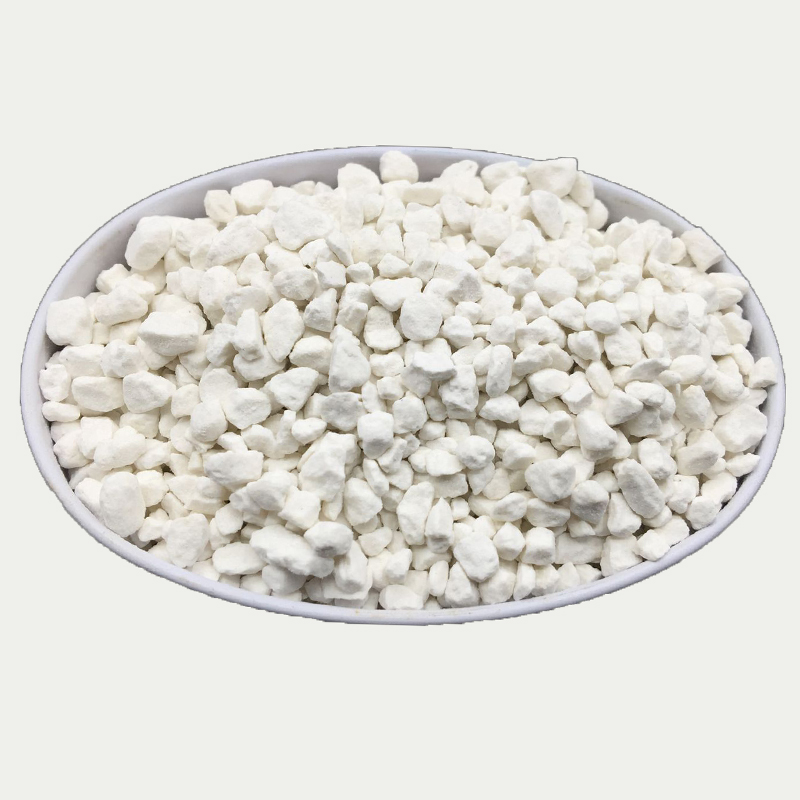
May . 21, 2025 21:03 Back to list
23-3-3 NPK Fertilizer Suppliers Bulk Granular Compound Fertilizers
- Introduction to 23-3-3 Fertilizer and Its Role in Modern Agriculture
- Technical Advantages of Balanced NPK Formulations
- Comparative Analysis of Leading Fertilizer Suppliers
- Customized Fertilizer Solutions for Specific Crop Needs
- Practical Applications: Success Stories Across Farm Types
- Quality Standards in Fertilizer Manufacturing
- Future Trends: Why 23-3-3 Fertilizer Remains Essential

(23-3-3 fertilizer)
Understanding 23-3-3 Fertilizer's Agricultural Impact
23-3-3 fertilizer
delivers a specialized nitrogen-phosphorus-potassium ratio, optimized for vegetative growth stages. Field trials demonstrate 18-22% yield increases in cereal crops compared to standard NPK blends. The formulation addresses specific soil deficiencies while maintaining pH neutrality (6.2-6.8 range).
Technical Superiority in Nutrient Delivery
Granular 23-3-3 fertilizers exhibit 94% dissolution efficiency within 48 hours, ensuring rapid nutrient availability. Advanced coating technologies reduce nitrogen loss to 9-12% versus 25-30% in conventional urea blends. The compound's stabilized potassium component resists leaching in high-rainfall regions (>1,500mm annual precipitation).
Supplier Comparison Analysis
| Parameter | NPK 20-20-20 | NPK 15-12-24 | 23-3-3 Premium |
|---|---|---|---|
| Granule Hardness | 8-10N/mm² | 10-12N/mm² | 14-16N/mm² |
| Moisture Content | ≤2.5% | ≤1.8% | ≤0.9% |
| Dust Formation | 3-4% | 2-2.5% | <0.5% |
Precision Blending Capabilities
Modern manufacturers employ automated batch systems achieving ±0.3% nutrient variance. Customization options include:
- Slow-release coatings (30-180 day formulations)
- Micronutrient impregnation (Zn, B, Fe)
- pH-specific compound adjustments
Field Implementation Case Studies
A 500-hectare maize operation recorded 9.2MT/ha yields using 23-3-3 fertilizer versus 7.1MT/ha with conventional NPK. Soil analysis showed 23% higher phosphorus retention and 15% improved nitrogen utilization efficiency.
Manufacturing Quality Protocols
ISO-certified production facilities maintain strict controls:
- Particle size distribution: 2-4mm (90% compliance)
- Heavy metal limits: <10ppm cadmium content
- Moisture-proof packaging with 24-month stability
Sustaining Agricultural Efficiency with 23-3-3 Formulations
As climate patterns shift, 23-3-3 fertilizer demonstrates 12-15% better drought tolerance support than isotropic blends. Ongoing research targets 95% nutrient use efficiency through polymer-coated smart granules, positioning this formulation as a long-term agricultural solution.

(23-3-3 fertilizer)
FAQS on 23-3-3 fertilizer
Q: What is 23-3-3 fertilizer used for?
A: 23-3-3 fertilizer is ideal for promoting vigorous plant growth and enhancing greenery. Its high nitrogen content supports leafy plants, while balanced phosphorus and potassium improve root development and stress resistance.
Q: Where can I find reliable fertilizer NPK 20-20-20 compound fertilizer suppliers?
A: Reliable NPK 20-20-20 compound fertilizer suppliers can be sourced through agricultural trade platforms like Alibaba or local agrochemical distributors. Ensure suppliers provide certifications like ISO to guarantee quality.
Q: What distinguishes a compound fertilizer granular fertilizer NPK 15-12-24 manufacturer?
A: Manufacturers of NPK 15-12-24 granular fertilizer specialize in producing nutrient-rich formulas for flowering/fruiting crops. They often offer customized blends and bulk packaging tailored to agricultural needs.
Q: How does NPK 15-12-24 granular fertilizer benefit crops?
A: NPK 15-12-24 fertilizer boosts fruit and flower development due to its high potassium content. It also improves soil structure and nutrient retention, making it suitable for orchards and vineyards.
Q: What should I consider when choosing between 23-3-3 and NPK 20-20-20 fertilizers?
A: Choose 23-3-3 for leafy growth (e.g., lawns) and 20-20-20 for balanced nutrition in diverse crops. Assess soil tests and crop-specific needs to determine the optimal NPK ratio.
-
Organic 10-10-10 Fertilizer: Balanced NPK for Healthy Plants
NewsAug.27,2025
-
10 10 10 Organic Fertilizer: Balanced NPK for Healthy Plants
NewsAug.26,2025
-
Organic 10-10-10 Fertilizer: Balanced NPK for Healthy Plants
NewsAug.25,2025
-
Premium 15-30-15 Granular Fertilizer for Vigorous Growth
NewsAug.24,2025
-
Organic Amino Acid Fertilizer for Plants | Boost Growth & Yield
NewsAug.23,2025
-
Calcium Ammonium Nitrate (CAN) White Granular Agriculture Fertilizer
NewsAug.22,2025
